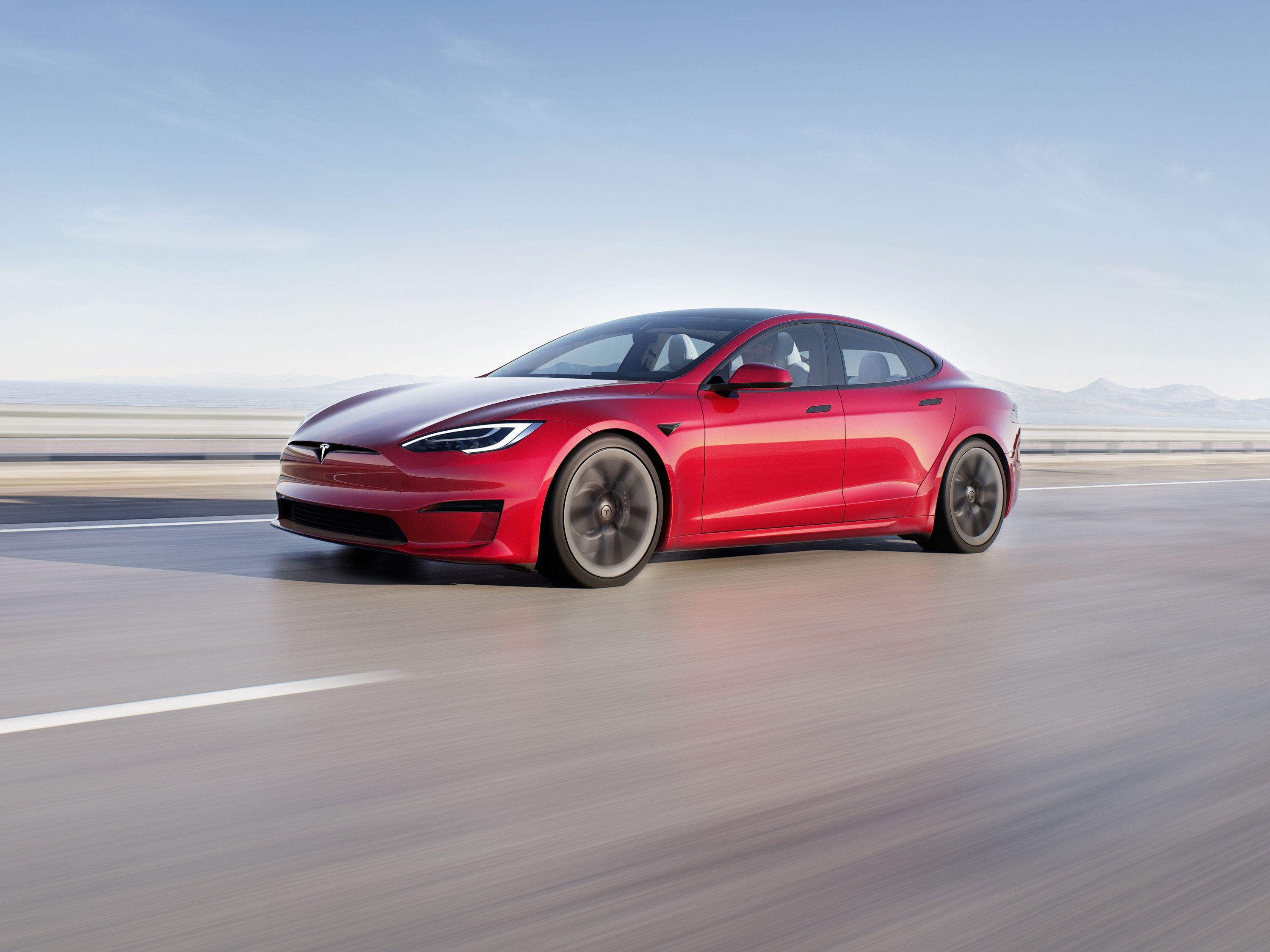
Ever since the Model S arrived on the scene, Tesla has been a semi-regular target of car complaints, ranging from software issues to build quality and general safety. And now the National Highway Traffic Safety Administration (NHTSA) has officially gotten involved for the second time this month. The Associated Press reports the government agency is officially investigating Tesla owner complaints regarding potential suspension failures.
A total of 115,000 vehicles are involved, covering the 2015-2017 Tesla Model S and 2016-2017 Model X. The NHTSA claims it has so far received 43 owner complaints claiming the linkage near the ball joint can fail. This could result in contact between the tire and wheel liner. There have also been 32 complaints of low-speed failures, 11 of which said the links failed completely while driving above 10 mph.
Four of those said this failure happened when driving faster on the highway. The number of complaints have increased in line with the age of these vehicles: 32 complaints were filed in just the last two years and three came in the past three months. Another eight complaints have since arrived but it can't be confirmed just yet whether they involve this issue or something else entirely.
Fortunately, the NHTSA has confirmed there have been no known crashes or injuries, but anything involving potential suspension failures must be taken seriously. For the moment, no recall has been issued because the investigation is ongoing. Tesla has not commented on the agency's investigation, but this doesn't mean the California-based automaker was not aware of the problem.
Back in 2017, Tesla issued a service bulletin addressing the failure and noted that drivers still had the ability to control the vehicles despite noting "the tire may contact the wheel arch liner." The bulletin added that the vehicles involved were built from January 19, 2016 to May 25, 2016, though the NHTSA's timeline differs as 41 of the vehicles on its list were built before this time period and another 29 after it.
This new investigation is separate from a class-action lawsuit filed earlier this month by owners claiming Tesla deliberately hid suspension issues on certain 2013-2018 Model S and Model X vehicles. In that situation, front/rear control arm components are the alleged problem that could lead to the wheel detaching from the suspension.
